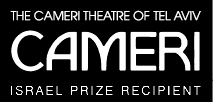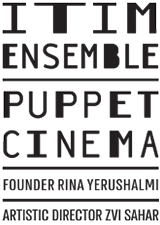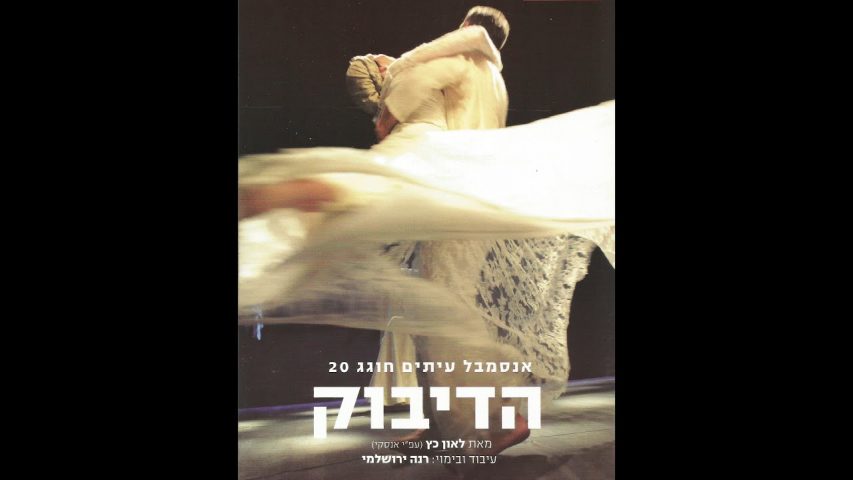About
Any religion whatsoever persuades the believer there is only one course to redemption, and all other ways are wrong. What’s tragic in this play is that although both Hannan, the disciple, and Azriel, the Rabbi, believe in the same religion and the same god, they fight each other to the death.
The adaptation is based on the original Yiddish play by Sh. An-ski, (1920) taking place in an Eastern Europe village. On one side of the stage, two old people watch the action and tell the story that happened in the village in their language, Yiddish. The prayers and rituals are delivered in ancient Hebrew, while whatever takes place between the characters is spoken in modern contemporary Hebrew. The different languages allow to shift from something that happened “once upon a time” to something living on borrowed time, i.e the present time of theatre, which is everywhere and nowhere, and to give the spectator simultaneously a virtual as well as a contemporary experience. In the performing area we set a stage on the auditorium floor, to emphasize the theatre zone for the spectators and the participants sitting around it. In the world of the “Dybuk”, the dead are walking amongst the living and amongst spirits and demons, and there is no difference between the various realities. The performance opens with Hannan trying to evoke with two hand-puppets the consummation of his salvation with Leah, and conjures up those who were murdered on the day of their wedding…
Credits
By: Leon Katz.
Translated by Dori Parnes.
Adapted and directed by Rina yerushalmi.
Original music bu Ran Bagno.
Set design: Uri On.
Lighting: Avi Yona Bueno (Bambi).
Costumes: Yehudit Aharon.
The horse constructed by Laurie Cohen.
The “dead” made by Valeria Glozman.
Movement consultant: Marina Beltov.
Cast (in alphabetical order)
In Yiddish – Dina Limon, Yossi Segal. The translator – Ze’ev Shimshoni.
In Hebrew: Miki Barkan, Noam Ben Azar, Liron Bitton, Emanuel Hannun, Guy Hermon, Gazit Kolton, Elchai Levit, Rotem Levy, Sharon Lipkin, Asia Neyfeld, Roy Shulberg, Iyar Wolpe.





